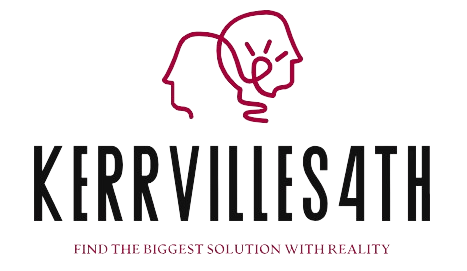Job training services play a key role in preparing people for employment in today’s rapidly changing world. The future of job training services is evolving with technological advancements, shifting demographics, and changing work environments. Job training services will be shaped by a number of trends and innovations in this article.
- Personalized Learning Experience
One trend that has gained momentum in recent years is personalized learning experiences. Diverse learning needs no longer be met by a traditional one-size-fits-all approach. Instead, personalized learning experiences based on individual strengths and weaknesses are being implemented by many organizations.
Job training providers are utilizing artificial intelligence (AI) algorithms to gather data about learners’ preferences, learning styles, and performance metrics to personalize content delivery according to their requirements. This approach ensures better engagement from learners as they have control over their own progress.
- Gamification Techniques
Gamification techniques are another innovative way used by job training service providers to make learning more enjoyable and interactive for employees or individuals seeking employment opportunities.
Gamified courses use game mechanics such as point systems or leader boards creating a sense of competition among learners while also providing incentives for completing modules successfully.
The use of gamification improves learner retention rates. The effect is particularly powerful when combined with AR and VR technologies.
- Virtual Reality Integration
Virtual reality integration into e-learning solutions offers an immersive experience where users interact with digital objects just like they would do so physically.
Through VR simulations related to different job training programs in Delaware County, PA how they would handle real-life situations without actually being on-site. Which reduces costs associated with travel expenses while providing valuable hands-on experience without any risks involved.
- AR/VR Collaboration Tools
Augmented Reality(AR)and Virtual Reality(VR)collaboration tools provide new ways for trainers to offer remote support to trainees irrespective of distance barriers between them.
These tools allow participants located remotely but connected virtually through AR/VR devices which makes it possible for both parties to communicate effectively regardless of distance limitations since AR/VR enables real-time interaction amongst team members who co-create ideas together even if miles apart.
- Mobile Learning Solutions
Mobile learning solutions enable users to access course materials from anywhere using mobile phones the most widely used device globally making it convenient for people who cannot dedicate specific times during the day solely dedicated to studying.
By using responsive design techniques within software development practices these solutions adapt well across all screen sizes ensuring that no matter what size your phone may be, you will always get quality education anytime you need it.

